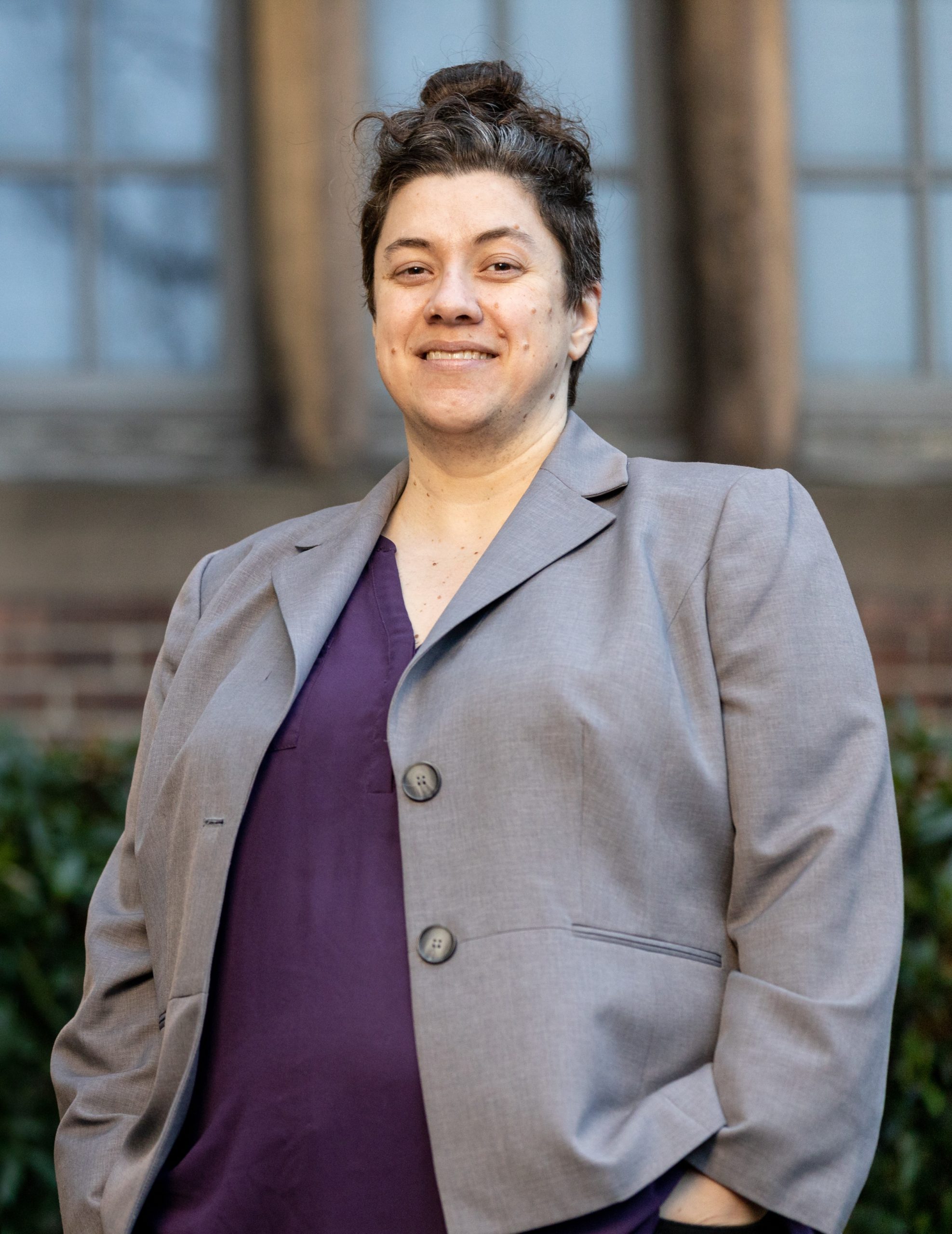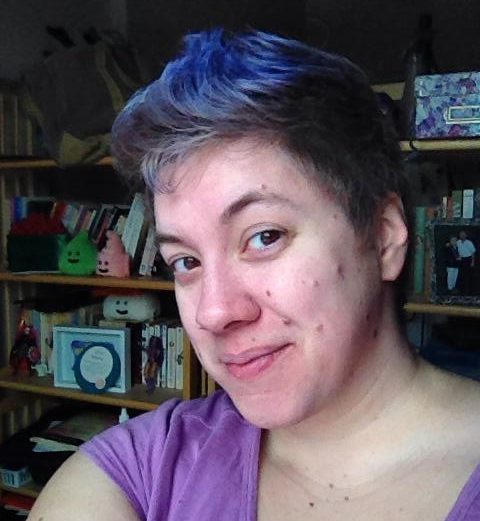Bio
I am a software developer and a mixed-methods, primarily qualitative researcher with a focus on healthcare and technology. I think healthcare comes up short in addressing the ways people fit health practices into their everyday lives, and I’m driven to improve that. I have ten years of experience in software development and especially enjoy working in Java and SQL. I am equally passionate about the kinds of puzzle-solving involved both in producing algorithms and in understanding other people’s perspectives and experiences.
I currently work as a lecturer in STS and Cyberpsychology for the Department of Science and Technology Studies at Rensselaer Polytechnic Institute. In my six years of teaching, I’ve designed and taught seven courses, created and taught five courses of my own invention, and helped launch the New Jersey Institute of Technology’s Cyberpsychology program. I earned my PhD in Science and Technology Studies from Rensselaer Polytechnic Institute, researching the sociocultural effects of weight loss surgery. I also have a Master of Science in Cognitive Science and a Bachelor of Science in Computer Science. My research interests include fat studies, biopolitics, language, identity formation, virtual environments, health and nutrition expertise, videogames, and the social institution of medicine.
Outside of my professional ambitions, I love to be outdoors – swimming, camping, paddling, or hiking – and I’m very big on games, especially board games. I love cozy mysteries and entertain a fantasy of making my own contribution to the genre someday. I delight in dabbling unseriously in new hobbies; I have shown no aptitude for guitar, knitting, tarot, embroidery, sketching, sourdough baking, or cosplay, but I love doing all of them. I am currently trying my hand at calligraphy and rehabbing cast iron.

Values
Rigor
Ten years in software development mean I am committed to getting the details right.
Fairness
My chief ethical obligation is representation: accurately and fairly representing research participants and ensuring diverse perspectives are represented in all aspects of my work.
Accountability
Ongoing self-reflection / self-improvement and keeping the commitments I make are top priorities.
approach

personal statement
Early in my education, I used to tell people I wanted to study, “What makes people tick.” The only thing that has changed since then is the depth of my understanding of how little the sum of all human knowledge is able to answer that question. And so I am perpetually driven to keep answering it a little better – in the research questions I ask, in reflecting on my interpersonal interactions, in improving my writing and design to work ever better for the people who encounter them.
Because I have direct professional experience developing software and advanced education in humanistic and social science research methods, I am uniquely positioned to address questions of “what makes people tick” when we use digital technologies.
I take my ethical commitments very seriously; I believe justice is something we each do in our daily actions. In my research, I treat my interlocutors fairly and kindly and prioritize accurate representation of their perspectives when communicating my findings. From an administrative perspective, I understand that it’s not just hiring practices that need to be improved to diversify our workplaces but the workplace culture that welcomes or rejects diverse perspectives and voices. Towards that end, in my interpersonal interactions, I am attentive to my own implicit biases (as much as it is possible to observe one’s own biases), and I recognize that when I get feedback on my mistakes, it is a gift to be welcomed, not a criticism to rebut.